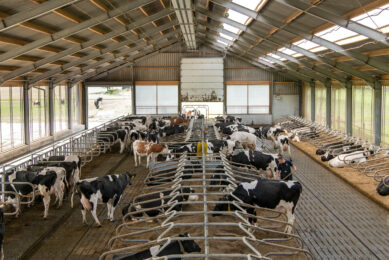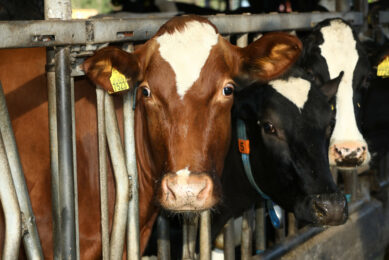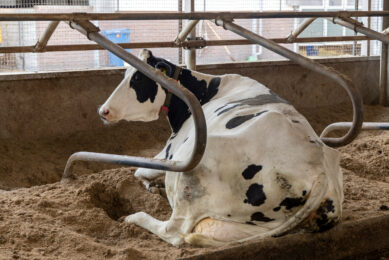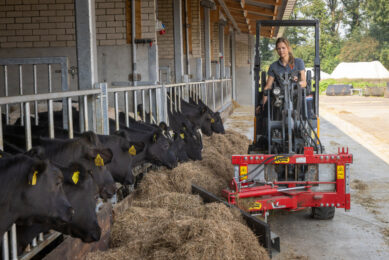Bluetongue control zone launched in UK
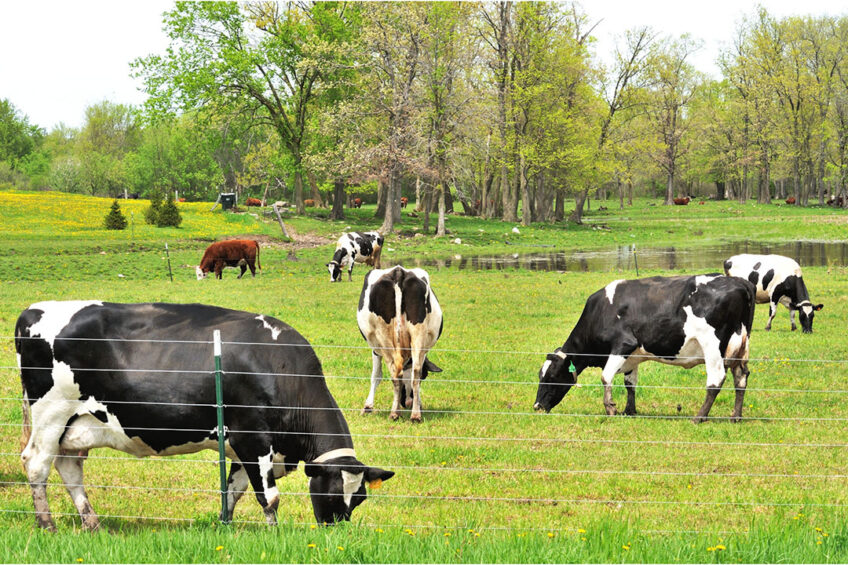
The UK government has introduced a 10km temporary control zone around a single confirmed case of Bluetongue on a dairy farm in Kent following routine surveillance.
Farmers are being asked to be vigilant and if they spot signs of the disease to contact their local vet following the discovery of the notifiable disease – the first case in the UK for 16 years.
The control zone will enable them to undertake enhanced surveillance and restrict movements of susceptible animals in the area. Movement restrictions apply to cattle, sheep and other ruminants. The 10km zone which covers the county town of Canterbury does not include the busy Ashford market.
A number of different types of Bluetongue are currently circulating in Europe, including BTV-3, BTV-4 and BTV-8 and Defra is expecting to notify the World Organisation for Animal Health of the single BTV-3 infected animal imminently.
The government said Bluetongue could spread to the UK if infected midges are carried across the channel by the wind, with the south and east coasts of England at the highest risk. Belgium, France, Germany and the Netherlands have all reported cases recently. The exact level of risk depends on the:
- Level of disease in nearby areas of Europe.
- Weather conditions, especially wind speed and direction
- Temperature
Bluetongue could also spread into the UK if infected animals, blood or germinal products, are imported from countries where Bluetongue is circulating.
In cattle, signs of the disease include:
- Lethargy
- Crusty erosions around the nostrils and muzzle
- Redness of the mouth, eyes and nose
- Reddening of the skin above the hoof
- Nasal discharge
- Reddening and erosions on the teats
- Fever
- Milk drop
- Lack of appetite
Adult cattle can serve as a source of the virus for several weeks while displaying little or no clinical signs of disease and are often the preferred host for insect vectors. Calves can become infected with Bluetongue BTV-8 before birth if the mother is infected while pregnant. Signs of infection include calves being born small, weak, deformed or blind, calves dying within a few days of birth or abortions.
Chief veterinary officer Christine Middlemiss said: “Bluetongue does not pose a threat to human health or food safety, but the disease can impact livestock farms and cause productivity issues. This detection is an example of our robust surveillance procedures in action and it is also a clear reminder for farmers that the disease remains a threat, despite coming towards the end of the midge activity season.”
The government said vaccination was the best way to protect animals from the virus serotypes 1, 2, 4 and 8, but there is no vaccine available for serotype 3. It can take up to 6 weeks for animals to be fully immune.
Join 13,000+ subscribers
Subscribe to our newsletter to stay updated about all the need-to-know content in the dairy sector, two times a week.



